At the Research Day 2021 on 16 Jun 2021, Ph.D. student Zoe Ho Ying WAN, supervised by Prof. Anna Maria BLOCKI presented her findings on LONG-TERM STABILIZATION OF THREE-DIMENSIONAL PERFUSABLE MICROVASCULAR NETWORKS (MVNs) IN MICROFLUIDIC DEVICES and won First Prize for the Best Performance, later Zoe also presented her work at the 6th world congress of the Tissue Engineering and Regenerative Medicine International Society (TERMIS 2021) held from 15 – 19 Nov 2021. Microvasculature is involved in many (patho-)physiological processes, such as cancer and wound healing, thus, inspiring the interest to engineer in vitro microvasculature model to study these complex biological vascular related processes at spatiotemporal resolution. Current-state-of-art for engineering microvasculature in vitro is based on perfusable microvascular network formed under spontaneous vasculogenesis, which demonstrates the closet resemblance to physiological microvasculature. Utilization of auxiliary cells, such as fibroblasts, protease inhibitors as well as non-physiological level of growth factor, FGF, can improve MVNs functionality. Unfortunately, they interrupt the physiological environment of the microvasculature, thereby potentially perturbing delicate biological equilibria and masking biological processes. Herein, we proposed a novel strategy for stabilizing MVNs through macromolecular crowding (MMC). Under MMC, macromolecules occupying space, thereby increasing the effective concentration of other components, accelerating various biological processes such as extracellular matrix deposition. Indeed, MVNs under MMC are enriched in cellular junctions and basement membrane, as well as lowing cellular contractility. Nevertheless, this resulted in significant stabilization of MVNs with improved barrier function and resemble in vivo microvasculature closer. Hence, application of MMC to MVNs allows a versatile, flexible approach to engineer a physiological microvasculature in vitro.
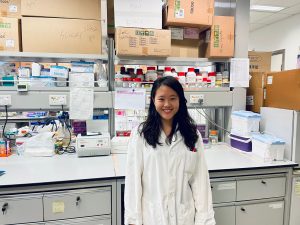


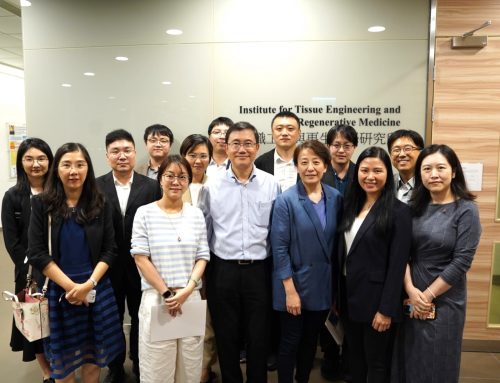
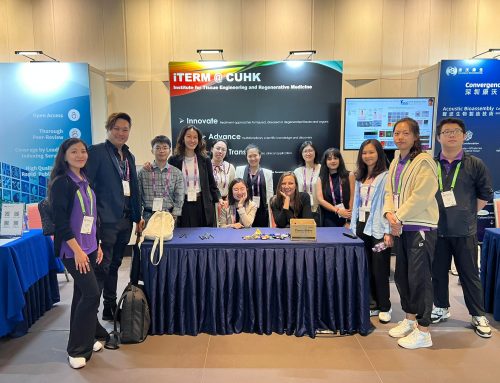
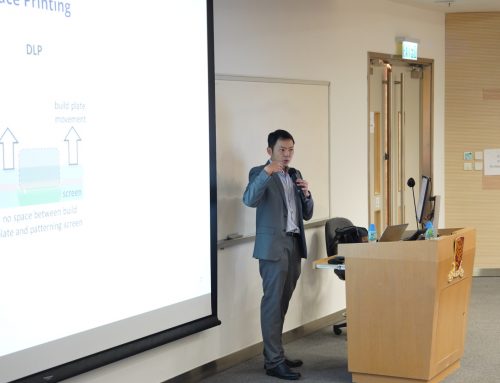
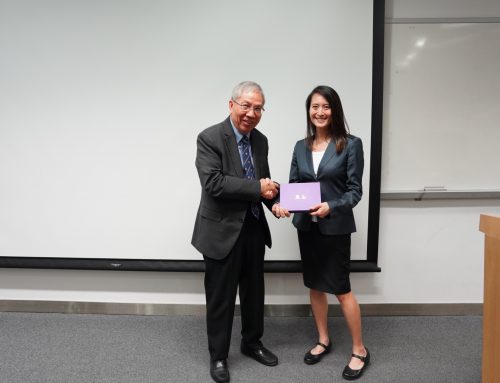
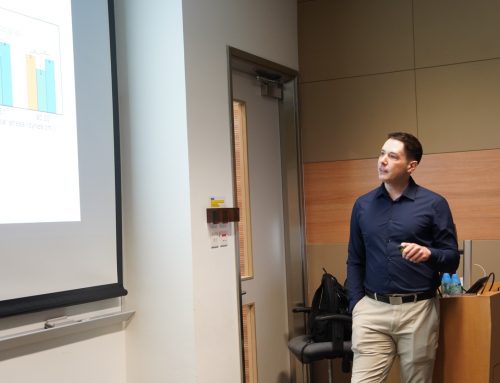
Leave A Comment